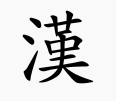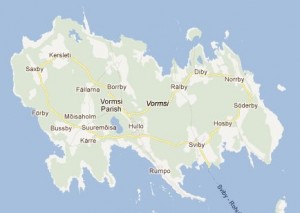The final of the Eurovision Song Contest takes place today in Baku.
This year Russia participates with a song that is sung in Udmurt and English.
Well, most of the songs are sung in English. But what is Udmurt?
Udmurt is a Finnic language spoken deep in Russia apart from other Finnic languages. Rather than being related to Russian, it’s related to languages, such as Finnish and Estonian.
Check this page to see how the verb ‘to sing’ is conjugated in Udmurt: Sing conjugated in Udmurt.


